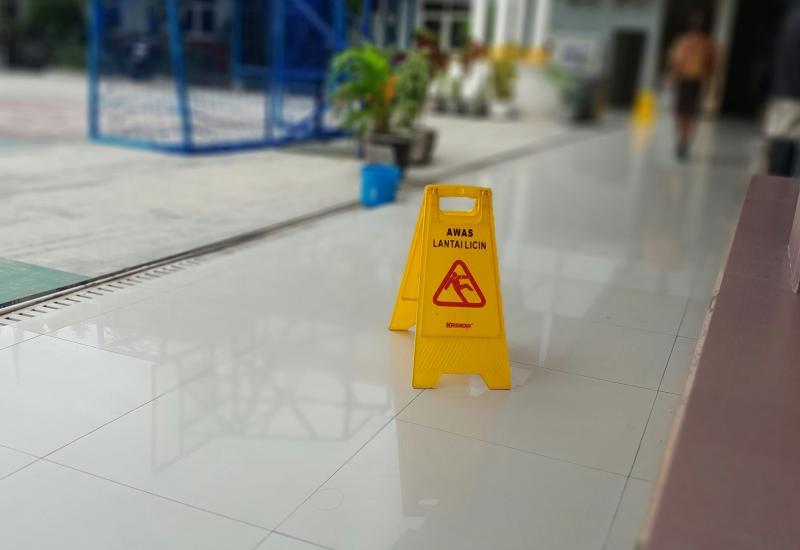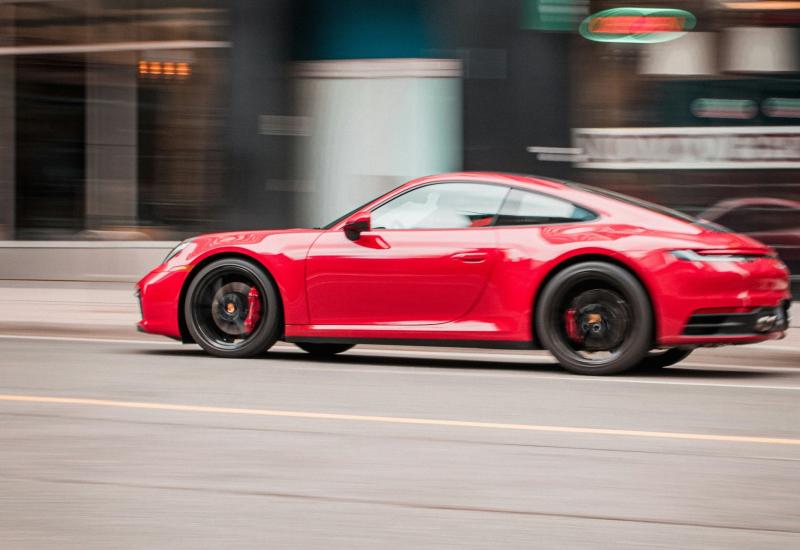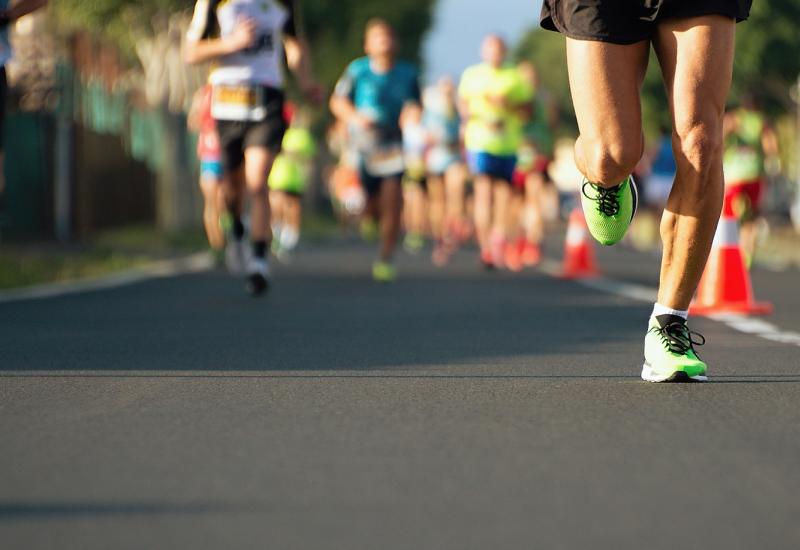
Caribou aims to set itself apart from the allogeneic Car-T herd
For now, the group is sticking with what it knows ahead of a big year in lymphoma.
For now, the group is sticking with what it knows ahead of a big year in lymphoma.

While Car-T cut its teeth in cancer, the latest big trend is testing cell therapy projects in autoimmune disease. However, one allogeneic player, Caribou, has so far kept faith in oncology.
When asked whether the group might consider a similar pivot its chief executive, Rachel Haurwitz, says Caribou is “evaluating the potential” of its technology outside oncology, but is currently “laser focused on doing a small number of things as well as we can”. Chief among these is developing its lead asset, CB-010, in second-line diffuse large B-cell lymphoma (LBCL), where more data from the phase 1 Antler trial are expected by mid-year.
In addition a phase 3 second-line LBCL trial will be needed for approval, and this is slated to start by the end of 2024. This approach is important given that most of Caribou's peers have seen a competitor pincer movement squeeze the LBCL opportunity, prompting some to go for an early-line niche or to pivot to autoimmune disease.
“You’ll never see Caribou jump on a bandwagon because it’s the flavour of the day,” Haurwitz adds – a stance that could be tested if the next update disappoints.
More durable?
She puts Caribou’s continued confidence in oncology down to differences between CB-010 and its rivals.
While Caribou aims to develop an allogeneic product that can truly rival autologous Car-Ts, “I’d say many of our peers ultimately came to the conclusion that their assets weren’t driving the same kinds of durable responses that the autologous Car-Ts can achieve”, Haurwitz says.
Caribou reckons it has solved this issue by incorporating a PD-1 knockout into CB-010, aiming to prevent premature T-cell exhaustion. However, it’s probably too soon to say for sure whether Caribou has cracked the problem, based on results from 16 patients in the phase 1 Antler trial released last year.
And the company clearly still has work to do to convince investors – its current share price of around $7 is well off its $30 peak in August 2021.
More Antler
More data from Antler are due in the second quarter, although Haurwitz is not saying if they will be presented at a medical meeting or corporate event.
The update will come from the dose-expansion part of the study, which is testing CB-010 in second-line LBCL; the earlier dose-escalation portion of the trial was in third-line or later patients.
In dose-expansion Caribou is evaluating three doses of CB-010: 40, 80 and 120 million Car-T cells, the same doses it tested previously. The group aims to enrol around 30 patients, and the coming update will include a “meaningful fraction” of these, Haurwitz says.
As for efficacy goals, the company is keeping quiet for now, although the chief exec promises to set expectations closer to the readout.
Second-line shift
Caribou’s shift in focus to second-line LBCL comes in the context of approvals for the autologous Car-Ts Yescarta and Breyanzi in this setting, and of the entrance of CD20-targeting T-cell engagers Columvi and Epkinly in third-line disease.
This changing landscape has raised questions about the design of Caribou’s pivotal trial, which is due to start by year-end, and on which regulatory filings will be based; Haurwitz admits that an accelerated approval based on Antler is off the table.
The company says the FDA has agreed that CB-010 can be compared against platinum chemotherapy and autologous stem cell transplantation; here Caribou will have to hope that patients will take part in a trial of an unapproved therapy that doesn’t offer them the choice of an approved autologous Car-T treatment.
Haurwitz contends that the control arm is still relevant, and points to the relatively low uptake of autologous Car-T in second-line disease so far – in its recent fourth-quarter earnings call, Gilead said that these therapies were only being used in around 15% of eligible second-line LBCL patients in the US.
In addition, Caribou plans to enrol the “majority” of its patients outside the US, where autologous Car-T isn’t so readily available – although it’ll be steering clear of China, Haurwitz says.
Demand?
Approved Car-Ts have been hit by manufacturing issues and, more recently, by hospital capacity constraints, which have been blamed for stalling sales.
When asked if recent numbers might also be bad news for Caribou, a spokesperson cited various advantages with allogeneic over autologous therapies, including shorter waiting times and more efficient manufacturing.
Regarding the threat from CD20 bispecifics, Haurwitz says doctors view Car-T as the only potentially curative option, and want to get patients onto these therapies as early as possible. She adds that the once-and-done nature of Car-T is “very attractive”, versus the “prolonged dosing schedules” of other agents.
Caribou’s future will hinge on her being right. The group’s first challenge could be enrolling into CB-010’s pivotal trial.
1341













